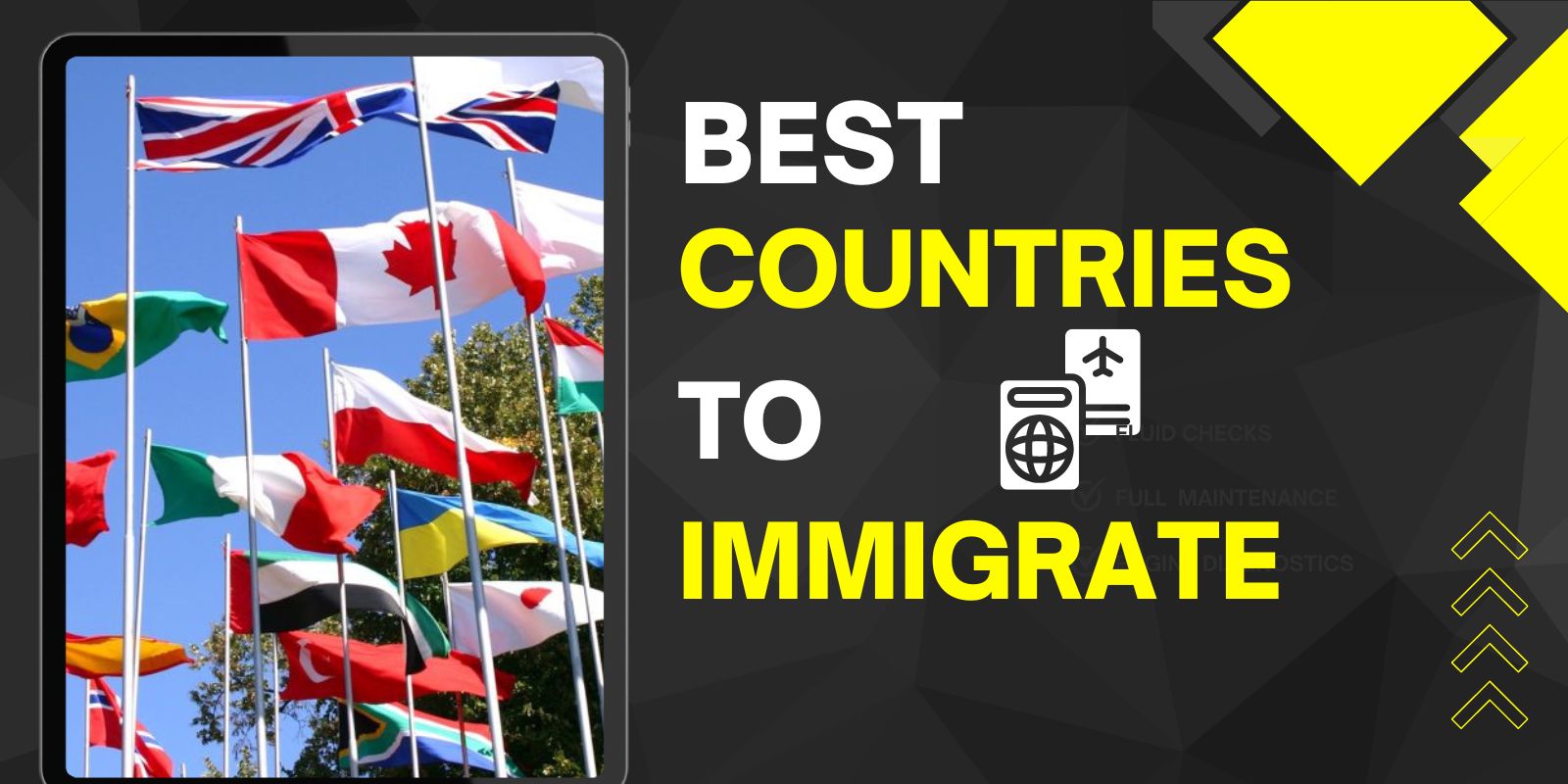Relocating to the UK is a dream for many. Whether you’re a nurse hoping to join the NHS, a student aiming for a world-class university, or a professional chasing better opportunities, the UK is one of the top destinations for migrants. But there’s a hidden barrier: money.
According to the UK Migration Observatory, the average cost of relocating to the UK is between £3,000 and £10,000. This includes visa fees, flights, housing deposits, and living costs for the first few months. For many families, these expenses are overwhelming.
That’s where an immigration travel loan UK or a relocation grant comes in. These financial supports can make the difference between delaying your dream and moving forward with confidence.
What Is an Immigration Travel Loan UK?
An immigration travel loan UK is a financing option that helps cover the costs of moving to the UK. It can be offered by banks, employers, or non-profit organizations. These loans are typically used for visa fees, flights, housing, and initial settlement expenses. Some options are repayable loans, while others are grants that don’t need repayment.
Why You Might Need a Travel Loan or Grant
Let’s break down real relocation costs for 2025:
Visa application fees: £500 – £1,420 per applicant
Immigration Health Surcharge (IHS): £624 per adult, £470 per child annually
Flights: £500 – £2,000 per person (seasonal variations)
Housing deposits: 1–3 months’ rent (often £1,500 – £4,500 in major cities)
Initial expenses: food, transport, utilities, and clothing (~£1,000 – £2,000)
Question: Wouldn’t it be easier to focus on your new career or studies if you had financial breathing room for these costs?
Types of Immigration Travel Loan UK Options
1. Bank Loans for Relocation
UK and international banks like Barclays, HSBC, and Lloyds provide personal loans that migrants can use for relocation.
Pros:
Larger loan amounts (£1,000–£25,000)
Structured repayment over 3–7 years
Cons:
Requires strong credit history
Higher interest for non-residents
2. Non-Profit or Humanitarian Loans
Organizations such as the International Organization for Migration (IOM) provide refugee travel loans for vulnerable groups.
Covers airfare, medical exams, or visa processing
Repayments structured at low or no interest
3. Employer-Funded Relocation Loans
Employers in healthcare, IT, and education often provide relocation packages.
NHS Trusts cover visa fees and flight tickets for nurses and doctors
Tech firms may provide relocation stipends to attract global talent
4. Government Grants and Scholarships
While limited, several grants exist:
Chevening Scholarships – Full postgraduate study + travel support
Erasmus+ Mobility Grants – For student exchanges/internships
Refugee Resettlement Grants – For humanitarian migrants
Employer relocation stipends – Paid directly to cover flights/housing
Step-by-Step Guide: How To Apply for Immigration Travel Loan UK
Step 1: Estimate Your Costs
Add up visa, flights, rent, deposits, and at least three months of living costs. A typical single applicant needs £5,000–£7,000 upfront.
Step 2: Research Financing Sources
Banks → personal loan options
Employers → relocation packages
Charities → humanitarian loans
Universities → scholarships and bursaries
Step 3: Gather Documents
Valid passport
Job or admission offer letter
Proof of income or savings
Credit history (for bank loans)
Step 4: Apply Early
Bank loans: online or in-branch
Employer loans: via HR department
Grants: through official portals (Chevening, Erasmus, etc.)
Step 5: Approval & Disbursement
Loans → cash deposited in your account
Grants → often paid directly for tuition or tickets
Step 6: Plan Repayments
Bank loans: 5–15% APR
Employer loans: may be interest-free
Humanitarian loans: extended repayment schedules
Real-World Case Study
In 2024, Ravi, an IT professional from India, received a £6,500 relocation loan through his UK employer. The loan covered his visa, flights for his family, and an initial housing deposit in Birmingham. Repayment was spread over two years, deducted from his monthly salary.
Lesson: Employer-backed loans are one of the easiest routes for skilled workers in shortage fields.
Grants and Free Money Options
Chevening Scholarships – For postgraduate students; covers tuition, travel, and living.
Erasmus+ – Short-term student mobility programs with grants up to €800/month.
Charity Programs – Refugee Council and IOM provide support for vulnerable groups.
Employer Relocation Packages – IT, healthcare, and teaching roles often include bonuses or stipends.
FAQs: Immigration Travel Loan UK
1. Can international students apply for loans?
Yes, through bank personal loans or education loan providers.
2. Do I need collateral?
Most relocation loans are unsecured but come with higher interest.
3. What’s the maximum amount?
Up to £25,000 depending on lender and credit profile.
4. Do I have to repay grants?
No, grants are free support—repayment only applies to loans.
5. Can families apply together?
Yes, joint applications are possible, especially for family visas.
Quick Checklist Before You Apply
Estimate total relocation budget
Research three potential financing sources
Collect key documents (passport, job offer, visa letter)
Apply at least 3 months before moving
Plan repayment strategy before departure
Infographic-Style Explainer (Text Version)
Your UK Relocation Finance Journey in 4 Steps
1️⃣ Plan → Budget £3,000–£10,000
2️⃣ Apply → Choose loan, grant, or employer package
3️⃣ Approve → Submit documents, wait for decision
4️⃣ Relocate → Use funds for flights, visa, housing
Conclusion & Actionable Takeaway
Relocating to the UK is exciting but financially demanding. An immigration travel loan UK or relocation grant can remove financial roadblocks and give you the fresh start you deserve.
Action Step: This week, shortlist one bank loan, one employer relocation package, and one grant opportunity. Apply to at least one option within the next 14 days. By acting early, you’ll move closer to making your UK relocation a reality—without the stress of overwhelming upfront costs.



